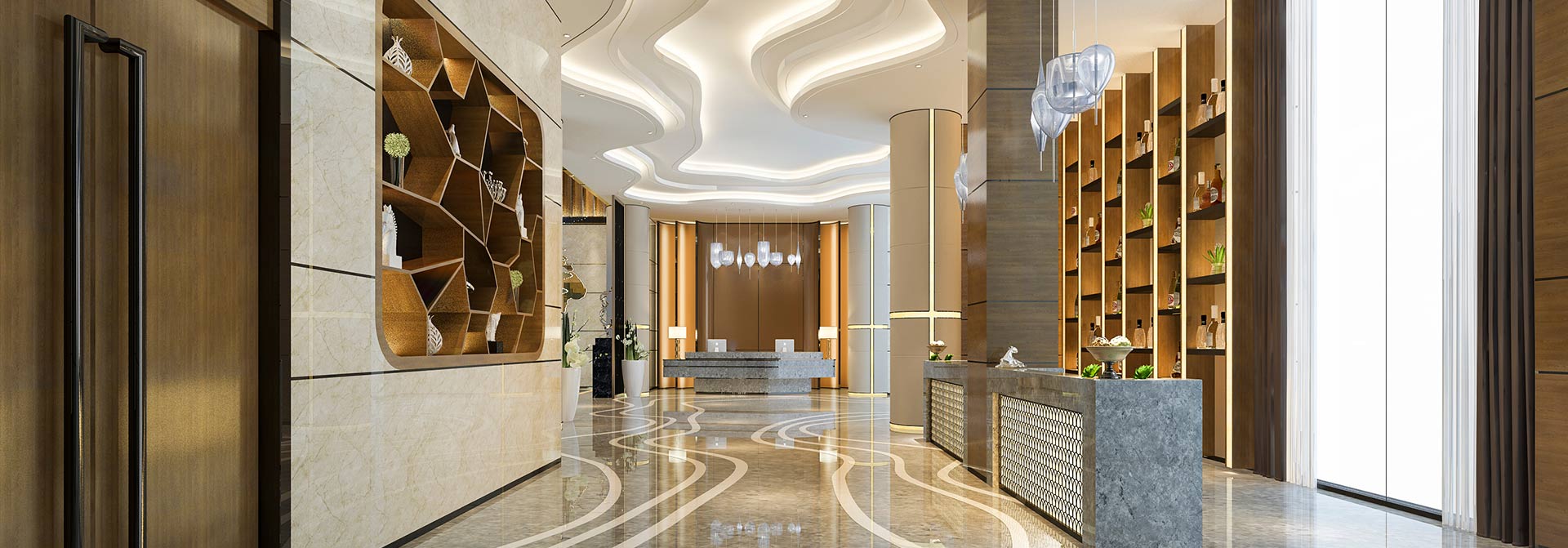Table of Content
The IRS has a detailed page about it here, or you can ask your local tax professional how to make it work on your own tax return. Most home improvements are not tax deductible, however, there are two types of renovation projects that may qualify a homeowner for a tax break. Knowing which part of your home improvement plans are tax-deductible could greatly help you in your next tax planning session as well as your overall budget.

Home office renovations are now deductible for self-employed individuals who run their businesses from home. Other common examples of home improvements are a new roof, new driveway, a new septic system, or brand new appliances. These expenses would be tax deductible or tax credits, depending on the improvements undertaken. Some home improvements are only tax deductible in the year the house is sold, so make sure you keep all receipts and documentation. A homeowner who sells their property for a profit may be eligible to exclude as much as $250,000 of the gain from taxes, or $500,000 if married filing jointly .
Home improvements for medical reasons
The good news is that some home improvements can make your living space better and reap you benefits on your taxes too. There are multiple tax deductible home improvements you can undertake. In this article, we’ll show you what kinds of home improvements you can deduct from your taxes. Who knows, getting more money back from the IRS could even be the start of your next home improvement project. Knowing which home improvement projects are tax deductible is the first part.

You add the cost of capital improvements to your cost basis in the house. The 30% tax credit applies to both labor and installation costs. There are no maximum limits on the amount refunded, other than for fuel cells. For example, if you spend $20,000 installing new solar panels, you would get a credit for $6,000. It’s more of a break on the damage or losses, which will be helpful when budgeting for repairs. If your insurance company reimburses you, however, you won’t be eligible for the deduction.
Roof Replacement Cost: What to Expect
The cost of home improvements are added to the tax basis of your home. "Basis" means the amount of your investment in your home for tax purposes. The greater your basis, the less profit you'll get when you sell your home. Unfortunately, most home improvements aren't deductible the year you make them.
Properly filing your tax credit and tax-deductible-qualified improvements help you save on your taxes, giving you more funds you can use for other purposes. Also, this tax credit opportunity is only applicable for home improvements installed before December 31, 2021. Whether you want to make costly repairs or upgrades to your home, RenoFi can help you unlock more borrowing power by letting you borrow against your home’s after-renovation value. The online platform partners with credit unions nationwide to get you the best deal on a home renovation loan that doesn’t require inspections or draws. So, for instance, let's say your house is worth $500,000, you spend $50,000 to put an elevator in, and an appraiser comes back afterward and says $510,000.
One other tax benefit of home improvements
Using home equity lines of credit and loans can be smart ways to pay for home improvements. Doing so may even qualify you for another tax deduction, which allows you to write off any interest paid on your HELOC or home equity loan throughout the year. Even though you may not get a tax break for remodeling your home, any improvements that add to the value will be relevant when calculating capital gains tax.

There are several ways to maximize savings on home improvement projects. For the best results, spend some time researching three main areas. The IRS.com website says to keep receipts or other proof of improvements and there is atable to record and track all of your improvements or alterations.
Home improvements can provide certain tax benefits but not tax deductions.
When a homeowner sells their property for a profit, they can exclude up to $250,000 of the gain from their taxes or up to $500,000 if married and filing jointly. Gains are determined by using the total financial investment in the property as the basis. So, if you keep track of all the qualified home improvements you make, you can increase the basis of your home and lower your taxable gain when you sell. Home improvements on a personal residence are generally not tax deductible for federal income taxes. "You can only deduct medical expenses that exceed 7.5% of your AGI," explains Washington. Additionally, upgrades that increase the value of your home have to be prorated—the deduction only applies to the medical expenses.
Significant upgrades to rental properties may be subjected to depreciation and must be deducted over time instead of a single filing. The information and savings numbers depicted above are for demonstration purposes only, and your results may vary. Hiranmayi Srinivasan is a personal finance writer and editor at Dotdash Meredith who has reported and written articles on budgeting, saving, homeownership, and investing across Dotdash Meredith brands. She has experience working in both broadcast and digital newsrooms, helping research and produce content that is relevant, informative, and accurate. You might be able to write off some of the home improvements you made this year.
The basis represents the amount of capital investment you've invested in a property. If you sell your home and make a profit, you earn a capital gain that equates to your profit on the sale. Installing a new HVAC system, repairing a patio, or revamping your bathroom are all valuable projects that can increase the worth of your home.
They'll be able to point you in the right direction, as well as ensure you maximize any deductions you might be eligible for. "They can be important when the time to sell comes or disaster strikes, natural or otherwise," Steber said. "If you have any issues with expenses or improvements, personal or business, it is a best practice to consult a tax pro to find out what matters on your taxes and what matters later." Even though your home improvements may not qualify for a tax deduction, Steber recommended keeping detailed records of your expenses surrounding any home improvements. A deduction involves subtracting the amount of the deduction from your income before you determine what you owe in taxes, while a tax credit is subtracted from the taxes you owe.
The tax credit applies to 10% of the total cost for the energy efficiency improvements and expenditures incurred during that tax year. When making home improvements to your home, you’ll probably ask yourself if you’re eligible for a tax deduction come tax season. Unfortunately, this question does not have a simple yes or no answer.
"For most people when you're doing home improvements it's a personal expense, and so it's not tax-deductible", says Jeffrey Levine, CPA and tax expert for Buckingham Strategic Wealth'. Repairs to your personal residence aren't tax deductible and they don't increase the basis in your home. If you qualify for this deduction, you can deduct 100% of the cost of improvements you make just to your home office. For example, if you use a bedroom in your home as a home office and pay a carpenter to install built-in bookshelves, you may depreciate the entire cost as a business expense.

No comments:
Post a Comment